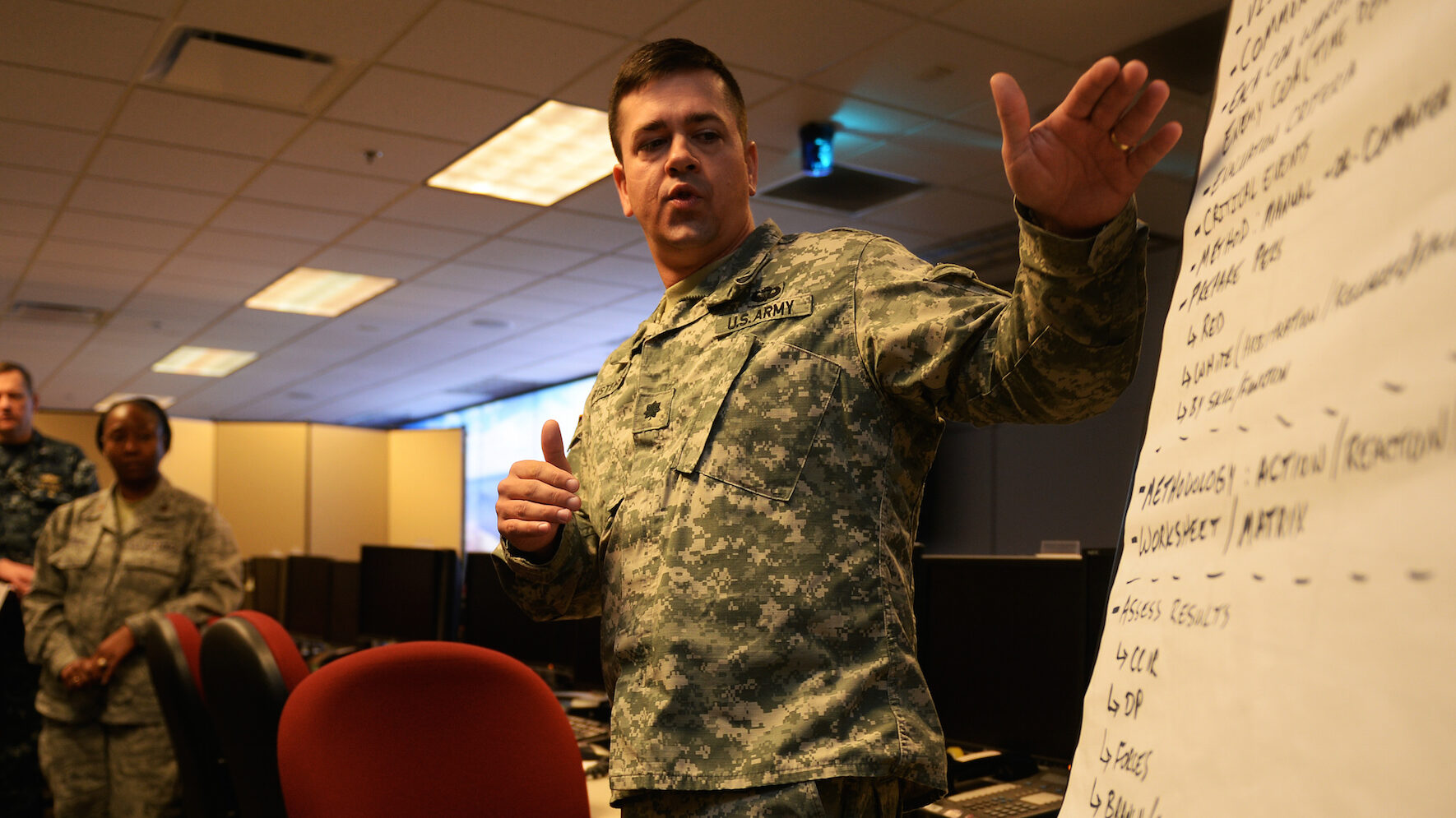

The road to financial success is paved with smart choices, and it’s never too late (or too early) to start building your own path to financial stability. Even small changes in how you approach your money can pay off big in the future and help you reach your financial goals, whether you end up serving three years in the military or thirty. Here are some simple, attainable changes you can make to your finances now, which your future self will thank you for.
Diversify your savings
The first step to saving for the future is to open a basic savings account. Adding even a small amount to a savings account each month is the more obvious way to build a short-term safety net in the event of unplanned expenses – vehicle repairs, a plane ticket home for a family emergency, or an expensive vet bill. These accounts may not have a high payoff when it comes to interest earnings (known as dividend earnings at a credit union), but they offer you constant access to your funds without withdrawal fees or penalties.
If you’re looking at long-term savings opening a Thrift Savings Plan (TSP) account. The TSP is a government-sponsored savings program to help uniformed service members and federal employees save for retirement. In the civilian world, a TSP is comparable to a 401(k) plan that employees can pay in to with the assistance of their employer. You’ll want to start as early as possible and contribute at least 5% of your monthly pay to your TSP account (ideally 10-15%), if you’re able to, to really see your account value grow. With the options of government contribution matching and annual interest accrual, the TSP is a solid way to build for the future. You can read more about the TSP in our earlier Financial Field Guide to the Thrift Savings Plan.
Build your credit
Don’t underestimate the power of a healthy credit score. Establishing credit and building your score doesn’t have to be complicated or risky. A low-interest credit card, like the Navy Federal Credit Union’s CashRewards Credit Card, may be a safe option if you’re just getting started. The CashRewards card has 1.5% cash back on purchases, no fees (including balance transfer or cash advance fees), and comes with free credit monitoring. If you missed it, you can check out our Financial Field Guide on how to build your credit while in the military here.
Maintain financial discipline
This can be challenging, especially when living in the barracks and seeing your buddies grab pizza or takeout a couple of times a week or taking weekend trips. There’s nothing wrong with loosening your belt a little for a special occasion like a post-deployment vacation or eating out every now and then. But the day-to-day decisions you make with your money add up over the months and years. If you’ve got a room and a meal plan in the barracks then don’t waste your money buying groceries, eating out each week, or paying for off-post housing. Use your low-expenses lifestyle to your benefit to add to your savings and build credit the smart way. That way, when you’re able to move out of the barracks you’ll have the benefit of good credit and extra money in savings for a rent deposit or a down payment on a house. Navy Federal Credit Union has great savings resources on their website to help you make the most of your money.
Financial goal setting can seem intimidating if you don’t know where you’re going. But setting small goals, like opening a savings account or contributing to a long-term savings plan can help you build a secure financial future for yourself.
Navy Federal Credit Union is federally insured by the NCUA.
This article is sponsored by Navy Federal Credit Union.